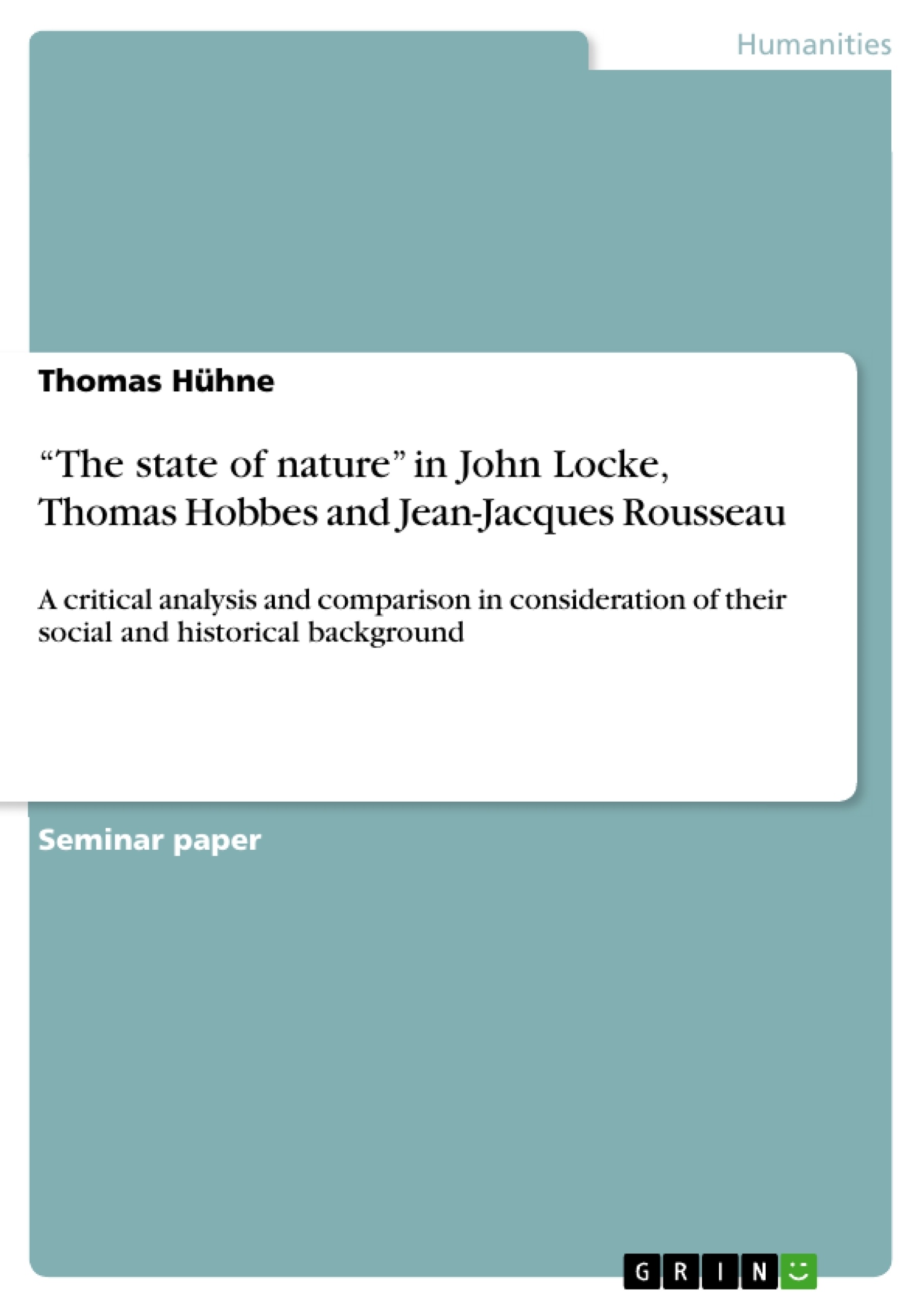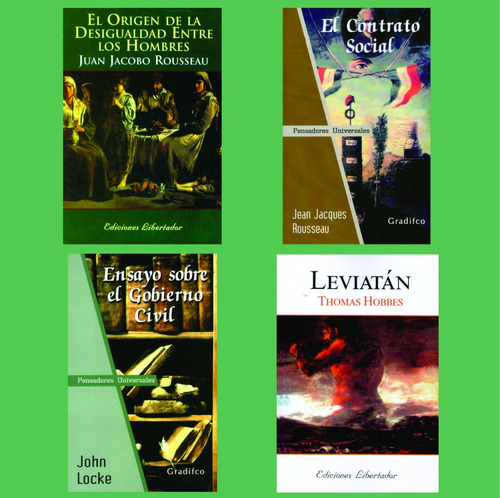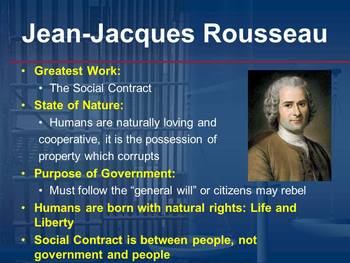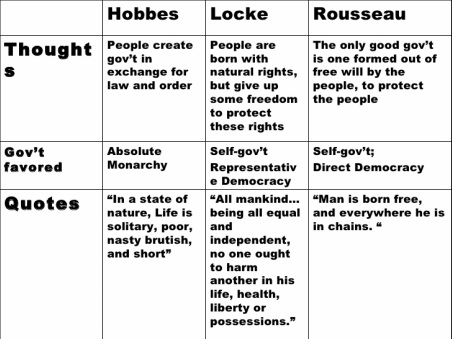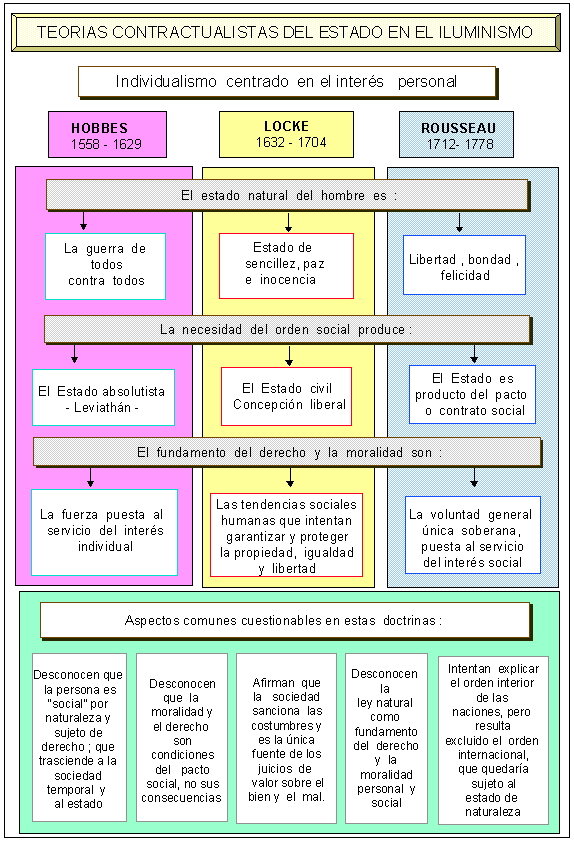Jean-Jacques Rousseau, Thomas Hobbes, and John Locke were three influential political philosophers who lived during the Enlightenment era in the seventeenth and eighteenth centuries. Their ideas have had a lasting impact on political thought and continue to be debated and discussed today.
Jean-Jacques Rousseau was a French philosopher who believed in the natural goodness of humanity and argued that society and government should be organized in a way that allows individuals to be free and to realize their full potential. He believed that people are naturally free and equal, and that government should be established to protect these natural rights. In his most famous work, "The Social Contract," Rousseau argued that the people should be sovereign and that the government should be created by the people and for the people. He also believed that individuals should be allowed to pursue their own interests and happiness as long as it does not interfere with the rights and interests of others.
Thomas Hobbes, on the other hand, held a much more pessimistic view of humanity. He believed that people are naturally selfish and aggressive, and that the only way to ensure peace and stability is for the government to have absolute power over the people. In his most famous work, "Leviathan," Hobbes argued that the government should have the power to make and enforce laws, to protect the people from each other, and to maintain order. He believed that the best form of government is a monarchy, where the monarch has complete control over the people and the state.
John Locke, like Rousseau, believed in the natural rights of individuals and the importance of protecting these rights through government. However, he differed from Rousseau in his belief that the government should not have complete control over the people. Instead, Locke argued that the government should be a contract between the people and the rulers, and that the rulers have a duty to protect the natural rights of the people. He also believed in the idea of a "social contract," in which the people give up some of their freedoms in exchange for protection and security.
In conclusion, Jean-Jacques Rousseau, Thomas Hobbes, and John Locke were three important political philosophers who had a significant impact on the development of modern political thought. While they had different views on the role of government and the nature of humanity, they all recognized the importance of protecting individual rights and creating a just and fair society. Their ideas continue to be debated and discussed today and have had a lasting impact on political theory and practice.

